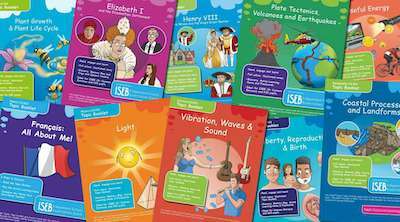Over recent years in the UK, the main focus for dyslexia has been to create awareness and new support in many different ways. However, is this the case in other countries? How does the language you are reading in effect dyslexia?
The English Language is called irregular orthography. This means the same combinations of letters don’t always sound the same. Could this lead to there being more people, who have English as their first language, being dyslexic because of the complexity of our language?
According to an article in the BBC news, dyslexia exists across many nationalities but research has shown that English speaking dyslexics have suffered the most because of how complex the language is. Perhaps this is why there is far more awareness in places such as Britain and USA because of the English language. Compare English with Italian for example. Italian is a far more simple language and because of this dyslexia is not necessarily less common but just not as noticeable.
English is made up of 40 sounds but these can be spelt in more than 1000 different ways, whereas Italian has 25 sounds which are made up in just 33 ways. It is therefore not too surprising to find that English may lead to people having more severe dyslexia. Languages such as Spanish are very similar to Italian and not nearly as complex. Maybe it’s not that more people have dyslexia with English, but they just have a more severe form of dyslexia due to the complexity of the language? Perhaps this is why there are not as many associations for dyslexia in other countries?
Many countries are still on catch-up in terms of their understanding and support for dyslexics in schools. Britain certainly seems to be leading the way in dyslexia support. Indeed, the British Dyslexia Association International Conference attracts over 750 delegates from all over the world. It is certainly good news for dyslexics in the UK and means that international knowledge is spread for the good of all.





